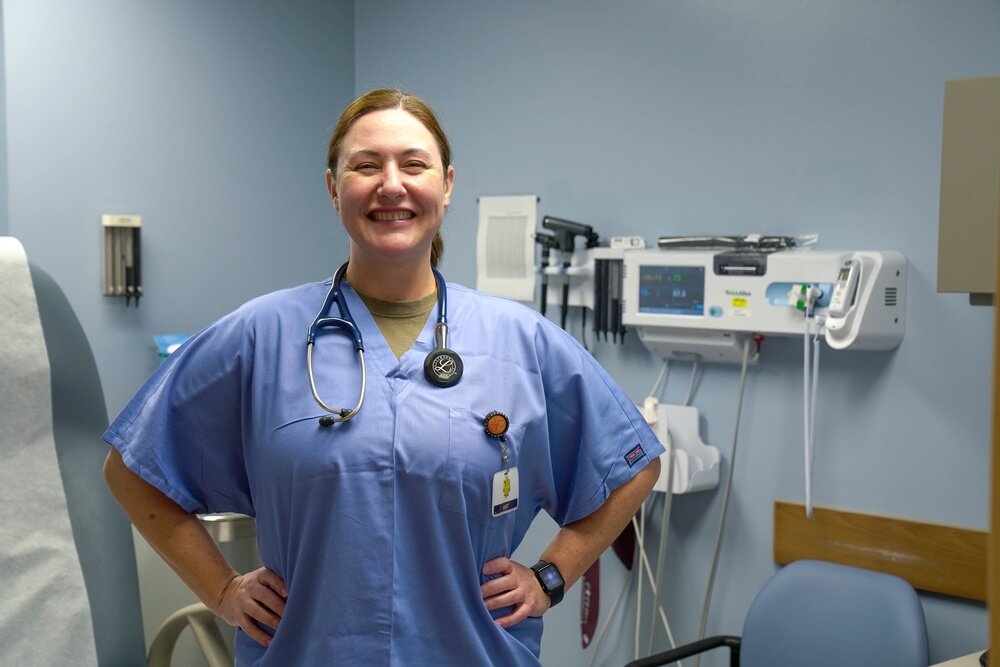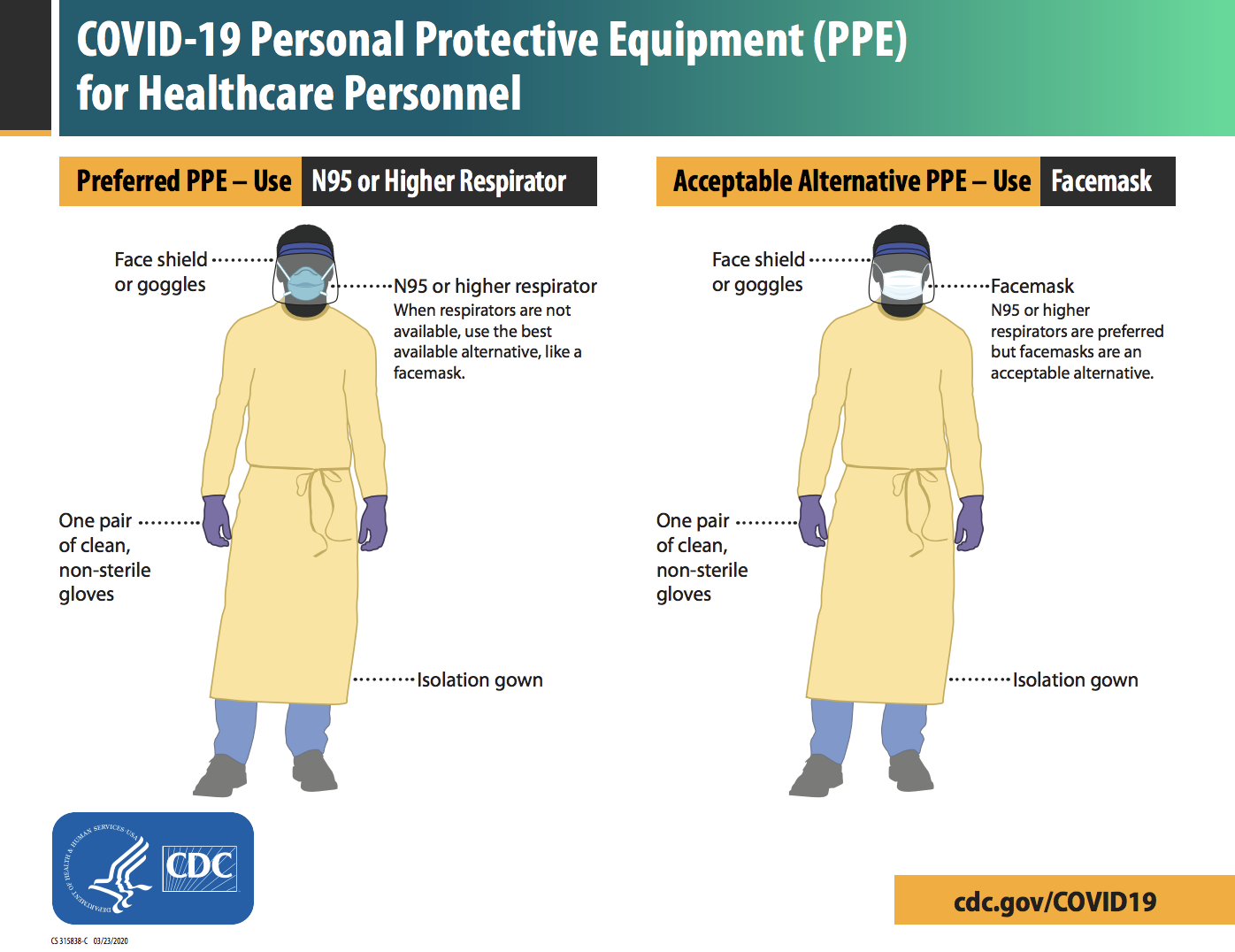Courtesy of Canva
Are you a Certified Nurse Assistant (CNA) who is looking to take the next step in your nursing career? If so, you may be wondering how to become a Registered Nurse (RN). It's definitely possible to make the transition from CNA to RN, and in this blog post, we will outline the steps that you need to take. Keep reading for more information!
What is the difference between a CNA and a RN?
The main difference between CNAs and RNs is that RNs are qualified to perform many duties that CNAs cannot such as administering treatment plans, performing diagnostic tests, and analyzing test results. RNs supervise the work of Nursing Aides, Home Health Aides, Caregivers, and Licensed Practical Nurses (LPNs). In contrast, CNAs are responsible for basic medical care, measuring vital signs, and helping patients with daily activities.
Courtesy of Bureau of Labor Statistics
RNs have higher salaries because they have more education and training to perform more complex tasks. They also require less supervision from doctors or other medical professionals, which allows them more freedom on the job and better pay rates per hour worked. As an example of how much money a Registered Nurse can make compared with that earned by a Nursing Aide, consider that the median wage of a RN is $75,000 while the median wage for a CNA is $30,000, according to the Bureau of Labor Statistics.
So if you are looking to make more money and have more opportunities for advancement in your nursing career, becoming a RN is definitely the way to go!
With that, let's dive into the step-by-step guide on how to become an RN when you're already a CNA.
Step One: Get Your Nursing Degree
Courtesy of Canva
First and foremost, you will need to obtain a nursing degree.
This may seem like an obvious step, but it's important to note that not all RNs have degrees in nursing. There are many different paths you can take to become a Registered Nurse, so be sure to do your research and find the path that is right for you.
Before committing to any program, be sure to do your research and make sure that it is accredited by a recognized agency such as the Commission on Collegiate Nursing Education (CCNE) or the Accreditation Commission for Education in Nursing (ACEN).
The best place to look for the most up-to-date information is on the website of the National Council of State Boards of Nursing (NCSBN), which maintains a database of all accredited nursing programs in the United States.
Step Two: Get Your Associate Degree in Nursing
Once you have obtained your nursing degree, the next step is to obtain an associate degree in nursing (ADN). This is a two-year program that will prepare you for licensure as an RN. During this program, you will learn about topics such as anatomy and physiology, pharmacology, and patient care. You will also gain clinical experience in a variety of healthcare settings.
Courtesy of NCSBN
Step Three: Pass the NCLEX-RN Exam
After completing an ADN program, you will need to pass the National Council Licensure Examination for Registered Nurses (NCLEX-RN). This is a national exam that all RNs must pass in order to be licensed. It consists of multiple-choice questions and has a minimum passing score of 75%.
Step Four: Get Licensed as an RN
After you have passed the NCLEX-RN, you will need to apply for licensure in your state. Each state has its own set of requirements for becoming an RN; most states require at least an associate degree in nursing, but some states will accept a diploma from an accredited nursing program. Be sure to check the website of your state's nursing board for more information.
Step Five: Start Working as an RN
Once you have obtained your license and registered with the Nursing Board of your state, you are ready to start working as an RN. There are many different types of nursing jobs available, so you should be able to find one that fits your interests and skills. Congratulations on taking the next step in your nursing career!
Conclusion
Promoting from a CNA to a RN is not an easy process, but it is definitely worth it!
Remember, you only need to graduate from a certificate program to be eligible to be a Certified Nurse Assistant, so it takes considerably less time and finances to start working in healthcare. You can even find accelerated programs that you can finish in a month. You can find these by searching CNA programs in your state.
If you are dedicated to your career and willing to put in the time and effort, you can achieve your goal of becoming a RN. We hope this blog post has been helpful, and we wish you the best of luck on your journey to becoming a RN!
Guest Author: Sara Sparrow is a writer and specializes as a career consultant over at Write my essay and Essay for sale. She works with businesses and individuals alike, specifically in the healthcare sector.














































